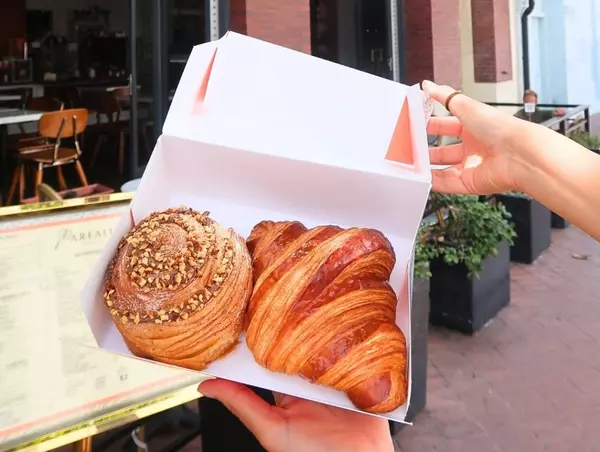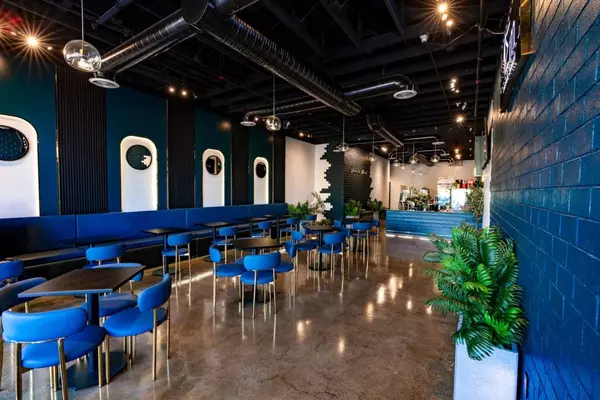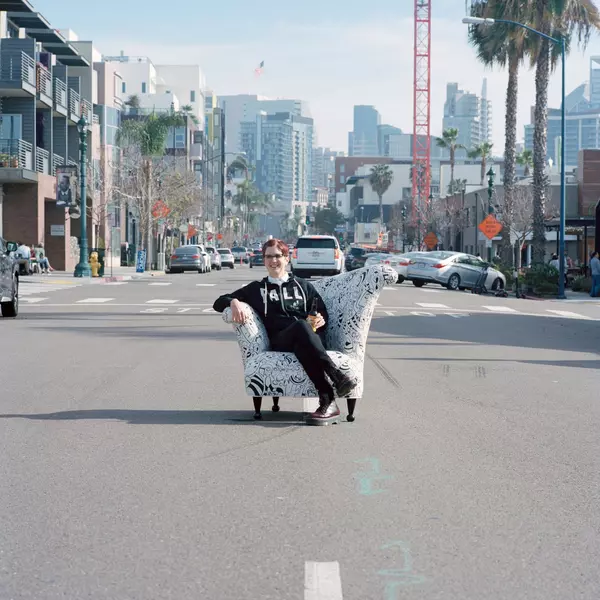Corporate landlord agrees to $20M settlement of local businessman’s False Claims Act lawsuit
A San Diego entrepreneur who identified anomalies in government records submitted by one of the nation’s largest corporate landlords has won a $20 million settlement from a lawsuit filed under the California False Claims Act.
Neil Senturia, who developed a machine-learning program that scanned thousands of building-permit records from dozens of cities across the state, will share the proceeds with the municipalities involved.
Senturia’s company, Blackbird Special Project LLC, filed what’s called a qui tam lawsuit against Invitation Homes in 2020.
Qui tam lawsuits allow people or third parties to file claims against entities that violate rules or otherwise cost government agencies revenue. If they prevail, they are entitled to up to 50 percent of any judgment or settlement.
San Diego attorney Leonard Simon — one of the lawyers who represented Senturia, who also writes a business column for The San Diego Union-Tribune — said he and his client were happy with the outcome.
“We are very pleased,” Simon said by email.
If the disbursement is approved as proposed, the city of San Diego will receive $70,971, or just under 1 percent of the cities’ collective share of damages.
City Attorney Mara Elliott said she has not had time to study the agreement.
“We’re reviewing the settlement, so it’s premature to comment at this point,” her office said in a statement.
Although the false-claims case was filed in 2020, it did not become a matter of public record until two years later, after San Diego and other entities declined to pursue the case on their own.
At the same time the legal claim became public, the Union-Tribune obtained documents showing that Elliott referred the case to criminal investigators because Senturia is married to former San Diego Councilmember Barbara Bry.
The records — a series of emails — showed that lawyers in the City Attorney’s Office sought an outside review by criminal investigators of an unspecified potential crime. The office later confirmed that a referral had been made but declined to say more. No charges were filed against Bry or Senturia.
On Friday, the City Attorney’s Office defended the criminal referral to outside investigators.
“No one is above the law, including elected officials,” the office said in a statement. “We carefully review cases before making prosecutorial decisions to determine whether we can meet our burden.”
None of the cities affected by the Invitation Homes practices joined in the litigation, so Blackbird Special Project is seeking the largest possible share of the damages recovered.
Blackbird Special Project, known as the relator in the qui tam lawsuit, accused Invitation Homes of systematically avoiding securing required building permits when renovating newly acquired properties.
The practice cost some three dozen cities thousands of dollars in uncollected permitting fees, the qui tam case claimed.
It let Invitation Homes save money by not paying permit fees, and it shaved weeks or months off renovation schedules, allowing the company to put properties on the rental market sooner than its competitors, the lawsuit alleged.
“The vast majority of IH’s renovations required permits — including for demolishing and constructing sections of single-family homes, installing and demolishing pools, and significantly altering the electrical work — but permits were not obtained,” the lawsuit alleged.
Invitation Homes said the claim lacked merit but agreed to the payment as a means of ending the legal dispute.
“The company believes that reaching this settlement is in the best interest of all its stakeholders and allows the company to better focus on its core business operations,” the corporate landlord said in a statement.
The agreement, which still requires federal court approval, calls for Invitation Homes to pay a total of $19,992,900.
Lawyers representing Blackbird Special Project are requesting $4 million of the settlement money as their fee. The rest will be divided between the relator and the 35 cities affected by the landlord’s actions.
According to a list of recipient cities included in court filings, Los Angeles will receive the most money, just over $1.5 million, or 19 percent of the share directed to the cities.
Sacramento is second, with 12 percent of the settlement, about $966,000. Moreno Valley and Riverside are each in line to collect about 5 percent of the proceeds, more than $400,000 each.
Categories
Recent Posts










GET MORE INFORMATION


